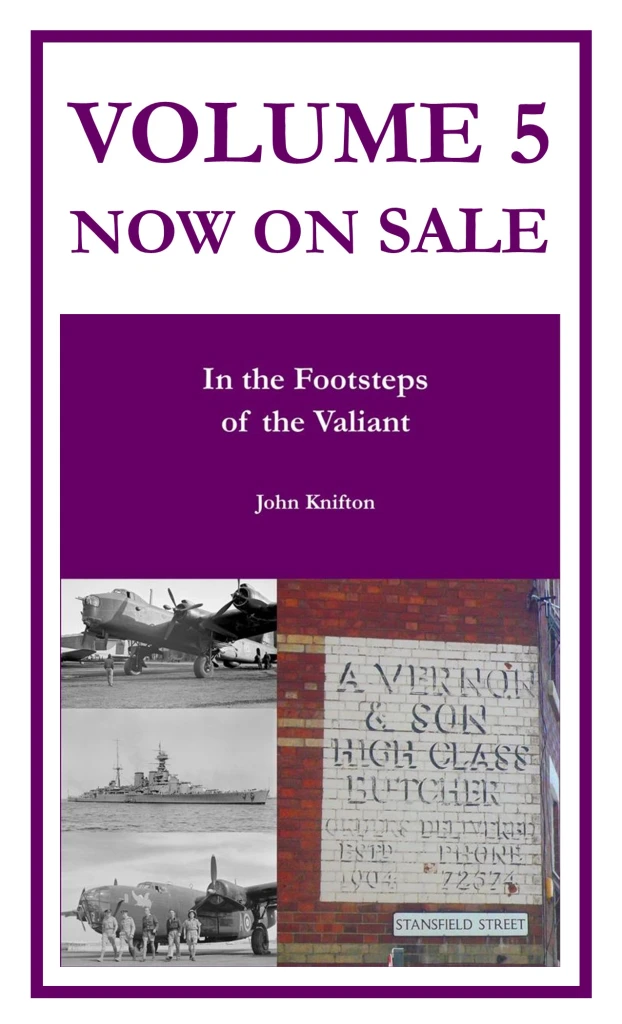About a year ago I bought a collection of more than 12,000 photographs of World War Two. Most of them were not British or American but were either Russian or German. I would like to share some of them with you because a number of these photographs have great merits as photographs, as well as capturing a split second in history. None of them have a caption, so I have tried to work out what might be going on.
Today, I’m going to look at the return of the Russian civilian population to their homes.
Some came home on foot, walking, perhaps, hundreds of miles, many of them barefoot:

Many pulled handcarts:

And others pushed handcarts, although, if you look carefully, occasional individuals travelled in style, even if they looked slightly startled:

The Red Army travelled in top quality, luxury cattle trucks. The large slogan means “We (are) from Berlin”. The present tense of the verb “to be” does not exist in Russian. The word “Berlin” is decipherable, however.

I think that this is an ex-soldier who has been demobbed recently, and he is having a look round Berlin before he makes his way home. That huge statue used to stand in front of the city palace above the River Spree, and commemorated Kaiser Wilhelm I. It’s clearly a place where soldiers would hang out, and that is one of the reasons that I think that this well dressed young lady, who is not walking but just standing there, is actually a prostitute:

Some areas were still very dangerous and a Red Army escort was sometimes necessary to get home. Notice how the lady is carrying the family icon. Christianity saw a big revival during the war as it provided somebody to pray to who had a lot more credibility than Uncle Joe Stalin:

Here are two young women meeting in a shattered, desolate city, possibly Stalingrad. One has just been to do the shopping and the other one has just got off the train with her suitcase. There are still fires burning and some buildings still have the dark marks of a recent fire.

As the liberating armies come ever closer, the first jeeps arrive, to be greeted by delirious crowds. Except that that isn’t happening here. Some of the people actually look really quite aggressive. Are they Poles, assembled in the streets to shout “Welcome to the Red Army” or perhaps “Soviets, stay as long as you like”?

If there’s going to be a harvest, somebody needs to start ploughing at some point. I saw horses used widely in Polish fields as late as 1969:

If the horse isn’t up to it, see if the family can help you out:

And if all goes well, you will get your just deserts:




























 The German Navy, the Kriegsmarine, had a very slightly different alphabet, but , again, it was based on names:
The German Navy, the Kriegsmarine, had a very slightly different alphabet, but , again, it was based on names:




